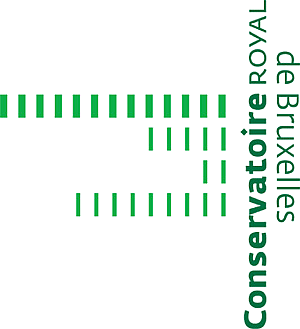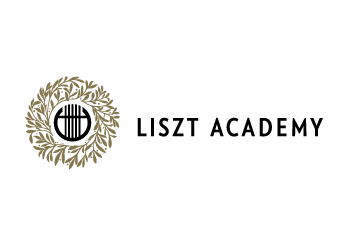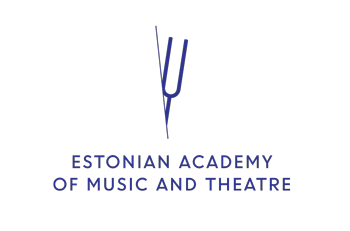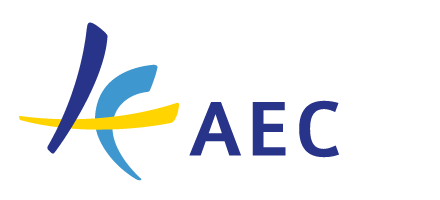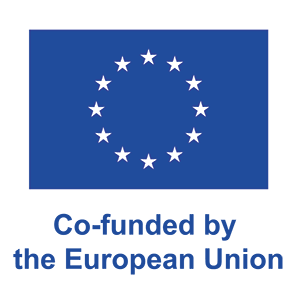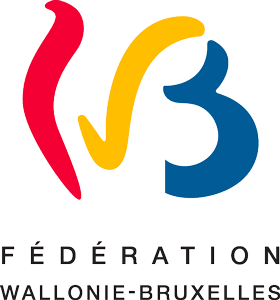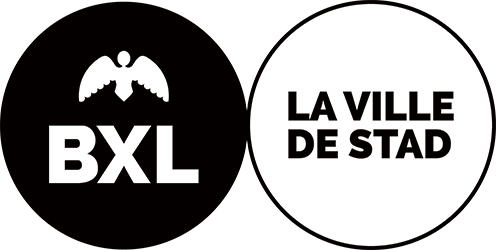Further information
-
assessment
Other (The relative weight of the work in this course is: 1. Homework: 20%, 2. Listening assignments: 15%, 3. Tests: 35% (Test No. 1 & 2 each 10 %; 4Test No. 3 is 15%) | Midterm Project: 15% | Final Project: 15%) -
level
Beginner, Intermediate -
 Completed Semester1st or 2nd Semester
Completed Semester1st or 2nd Semester -
How many semesters does the course last?
1 -
hours per week
2 -
 Link of the course
Link of the course -
 Target group of courseInstrumentalists, beginner
Target group of courseInstrumentalists, beginner
Music theory students, beginner -
 credits2
credits2 -
 Type of CourseLecture, Seminar, Practice
Type of CourseLecture, Seminar, Practice -
Degree Level
Bachelor -
 e-learning-elementsonline exercices
e-learning-elementsonline exercices -
Course
Optional -
Max. 20
students #
-
Hours per year
80 -
BIBLIOGRAPHY
- Contemporary Music Review Vol 19 No. 2&3
- Scores and recording of music that is discussed and analyzed (some of the composers are: Gérard Grisey, Tristan Murail, Jonathan Harvey, Kaija Saariaho, Philippe Leroux, Philippe Hurel, Fausto Romitelli)
-
ONLINE CATALOGUE
WITH CONTENTS -
evaluation grid
-
evaluation grid
and document
Teacher(s)
Bert VAN HERK
current position
Full time Faculty in the Theory Department
Institution
New England Conservatory
Be a part of our european project !
This European project (KA 203 Strategic Partnership) created by Salvatore Gioveni promotes cross-border collaboration in the field of Music Theory through sharing knowledge and transferring pedagogical innovation. It thus responds to a lack of centralised source and framework to deepen reflection by means of cross-disciplinary study at European and international level.
There is a significant wealth of educational practices from one country to another in this sector, especially in terms of harmonic musical notation and analysis. However, HMEI's are facing the nonexistence of a European network for pedagogical staff in Music Theory so far. To improve the situation, the project will among other things develop several intellectual outputs such as Online Platform (IO 1), an EU Bibliography (IO 2), a Repository Courses (IO 3), a Multilingual Glossary (IO 4) and an Exchange Online Learning Platform.
Besides the Conservatoire royal de Bruxelles as leader and manager of the project, the following partner institutions are involved: Music Academy S. Moniuszki Gdańsk (Gdańsk, Poland), F. Liszt Academy of Music Budapest (Budapest, Hungary), Estonian Academy for Music and Theatre (Tallinn, Estonia), HfMTh "Felix Mendelssohn Bartholdy" (Leipzig, Germany).
 | 2025
| 2025
